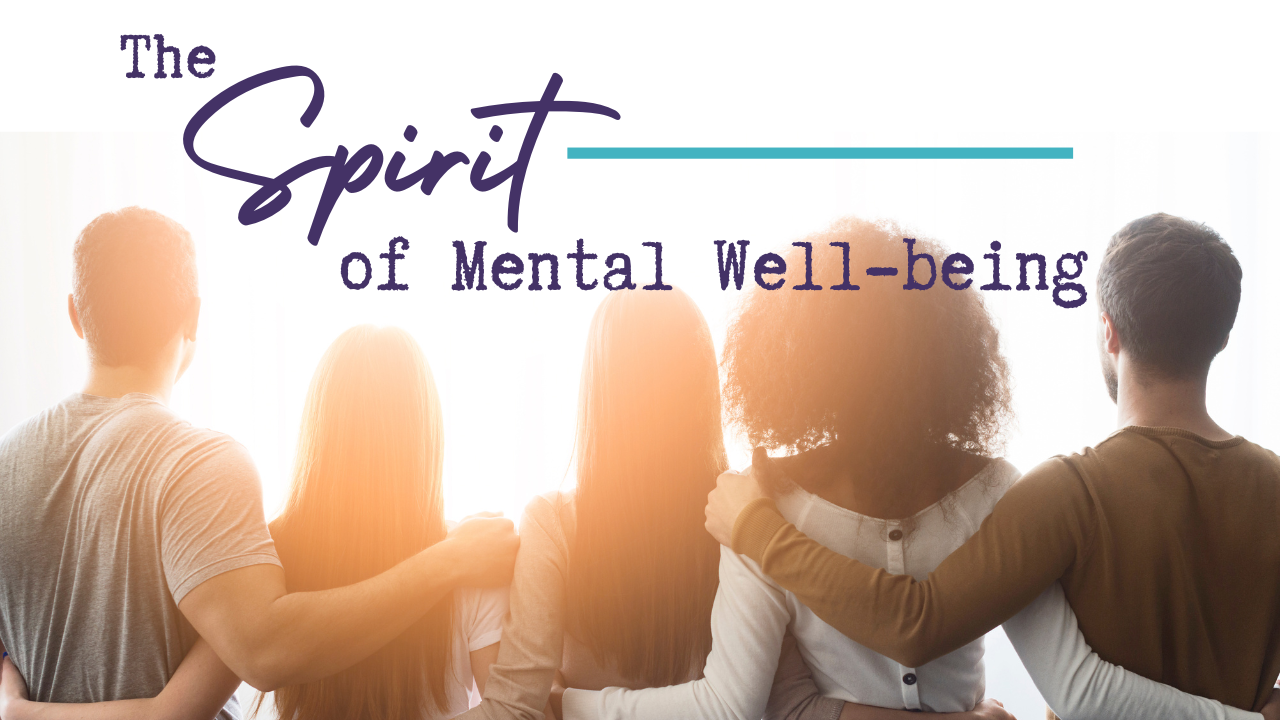
In the behavioral and mental health space, we talk often about the biopsychosocial (BPS) model that was developed in the 70’s by psychiatrist Dr. George Engel. As we move in to 2023, some might reference the BPS model when talking about whole person care, a phrase that is firmly taking hold in healthcare overall. Our healthcare systems are acknowledging that there are elements beyond the physical domain that need to be taken care of if we are going to see improvements in a person’s overall health and well-being. However, we all seem to still be working on incorporating one more component of truly whole person care, and that is spirituality. In 1996, quite some time after Dr. George Engel wrote about this new BPS framework, a group of clinicians (Wright, Watson, & Bell, 1996) emphasized the importance of beliefs and of making meaning around illness and health, adding in effect, the spiritual component to the biopsychosocial-spiritual framework. It is time we embrace this idea of spirituality even more and see the benefits it can add to our mental health.
Spirituality is often confused with the idea of religion or religiosity. For most people religiosity represents a concept that is based in an organization, whereas spirituality sits more within the individual and the meaning that the person makes around their life. Spirituality, however a person defines it, can be incredibly important to consider when thinking about mental wellbeing. Most people are looking for a sense of connection, a sense of meaning and greater purpose and a sense of where they belong in the world. All of these types of questions and explorations often bring conversations back to a spiritual part of life.
Often when a person is suffering with a bout of depression or anxiety, they can have a deep sense that they are alone in that experience. It can indeed feel incredibly isolating when those symptoms appear. It is important that we talk about building a skill set or coping tools to use when they feel that sense of disconnection. It can be quite helpful and that tool kit can involve elements of spirituality. For example, thinking about getting connected through community service, especially one where you work with others on a shared project (ie: packing boxes for a food bank). Speaking from personal experience, when I have had the opportunity to work with complete strangers on doing something good for people I will never meet…well, it did a world of good for my mental wellbeing and my sense of connection to a greater purpose. If a person is not quite ready to engage with people, spending time with nature outside can be an incredibly soft entry point to stepping into our sense of interconnectedness. Spending time outside observing the activities of local birds and wildlife, looking for the many patterns, or fractals, that can be found in nature. Spending time self-reflecting and journaling, though I acknowledge writing is not enjoyable to everyone, spending time thinking about things a person is grateful for can also help them get in touch with their connection to others and the deeper meaning of their life.
Spirituality can seem really personal, even when you are amongst friends, but often times I find that people have more in common with their beliefs than they have different. If we can see these commonalities then it can help foster an even greater sense of connection and deeper meaning.
Resources
Harvard Study on Spirituality and Better Health Outcomes (2022)
Mental Health America – Tips on Taking Care of Your Spirit
Posted in Mental Health Awareness
